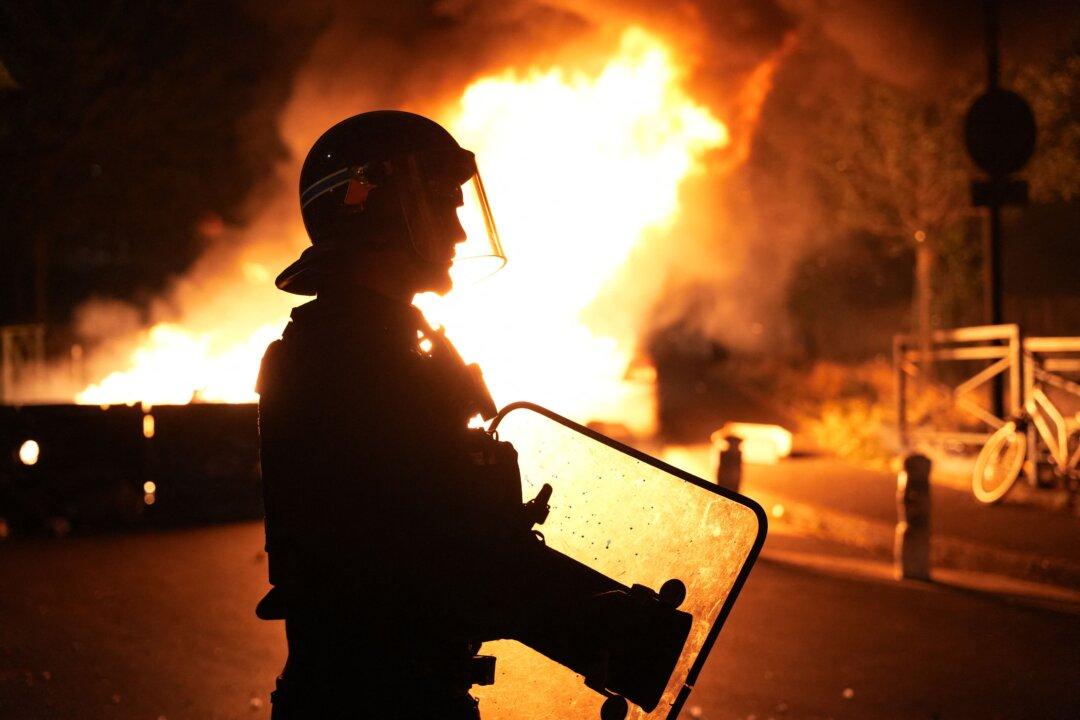The riots in French cities are the latest manifestation of the country’s inability to integrate millions of young Muslim immigrants, but that problem isn’t limited to France alone, according to Soeren Kern, a political scientist specializing in Middle Eastern and trans-Atlantic geopolitics.
“What we’re seeing really is the end of multiculturalism as we know it,” Mr. Kern, a Cold War U.S. Air Force veteran turned geopolitical analyst, said in an interview for EpochTV’s “American Thought Leaders: NOW.”






